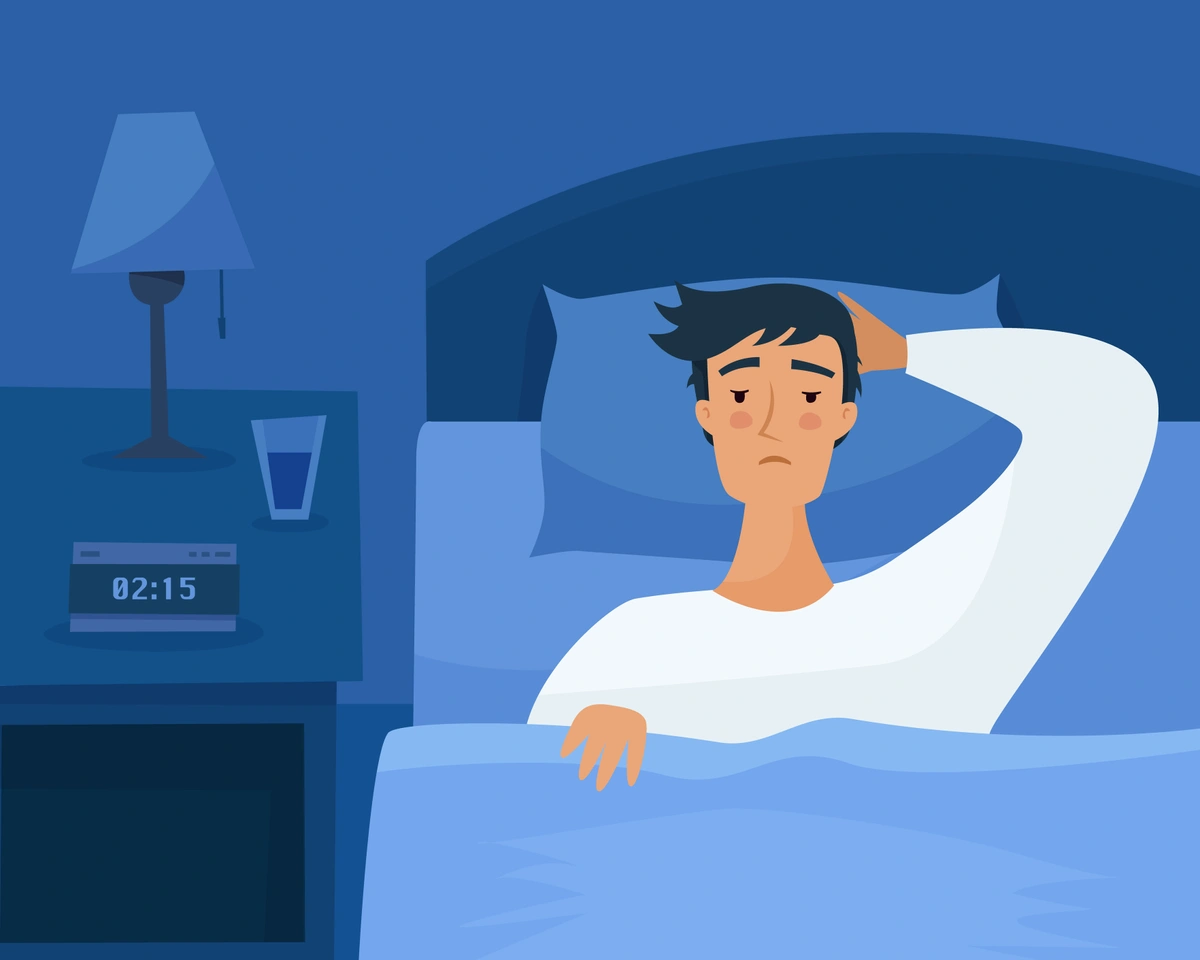Insomnia

Insomnia
Insomnia is a sleep disorder in which a person has a hard time getting to sleep or staying asleep and occurs at least three times a week for at least three months. As many as a third of all adults in the United States may suffer from chronic insomnia. In general, women are three times more likely to suffer from insomnia than men. In addition, single parents, whether they are male or female, are more likely to experience insomnia than partnered parents.
What it looks like
Insomnia is a disorder in which the person either cannot get to sleep within a reasonable period (less than 30 minutes) or the person does fall asleep but then wakes up one or more times during the night and doesn’t obtain an adequate amount of rest. People with insomnia may also have a hard time awakening when they wish, either having difficulty waking up or waking up earlier than they desire, and then being unable to go back to sleep.
Not getting enough sleep has consequences. Sleep is very important for healthy functioning in adults and without enough we are unable to perform optimally, mentally and physically. Many people with insomnia develop anxiety around sleep and worry often about their ability to function, which in turn makes it even harder to sleep.
Sometimes there can be physical or mental health conditions in addition to insomnia that complicate sleep such as anxiety, depression, posttraumatic stress disorder, nightmares, chronic pain, or other sleep disorders. Having insomnia can be frustrating and tiring to deal with, on top of the fatigue and sleepiness. A sleep deficit is a real problem that needs to be addressed and luckily, when treated, quality of life and overall health can significantly improve.
Having insomnia is nobody's fault
Many people with insomnia blame themselves for being tired all the time, thinking that they should be better able to control their sleep. However, insomnia is nobody’s fault, and if it is present, it is extremely difficult to improve without treatment.
Untreated insomnia
Untreated insomnia can cause several physical, psychological, and social consequences. Chronic insomnia has been linked to cardiovascular diseases, diabetes, obesity, depression, anxiety, workplace accidents, car accidents, and general ill health. The loss of sleep can affect people's ability to be their best selves at work, school, and in their relationships.
Unfortunately, many people with insomnia have ignored their symptoms or have called themselves “a bad sleeper,” and have assumed that their sleep can not improve. This is a mistake because insomnia is very treatable and treatment can considerably improve not only the insomnia but the person’s general health.
Outlook
While living with insomnia can present unique obstacles, treatment can dramatically improve one’s quality of life. Many people who are properly diagnosed and treated notice considerable improvements.
The current thinking on what causes insomnia
There are multiple possible causes of insomnia including certain health disorders, medications, caffeine, substances, and behaviors.
Some people simply have a greater risk for insomnia than others:
- Women
- People with hyperthyroidism, obesity, depression, anxiety, or chronic pain (and the associated illnesses that cause the pain).
- According to the Sleep Foundation, sometimes when a person starts or stops taking medication, sleep interference can occur until the body adjusts. Some prescribed or over the counter medication can cause difficulty with sleep.
Caffeine, alcohol, and nicotine in any form are known to disrupt the sleep cycle. People who are more socially isolated or engage in stimulating activities prior to bedtime are more likely to struggle with insomnia. Due to the many potential causes of insomnia, it is often helpful to review lifestyle factors and health history with a healthcare provider to find a person's individual risk factors for insomnia.
In good company
Several prominent people reportedly have chronic insomnia, such as actors George Clooney and Jennifer Aniston, and singer Mariah Carey.